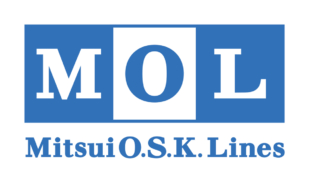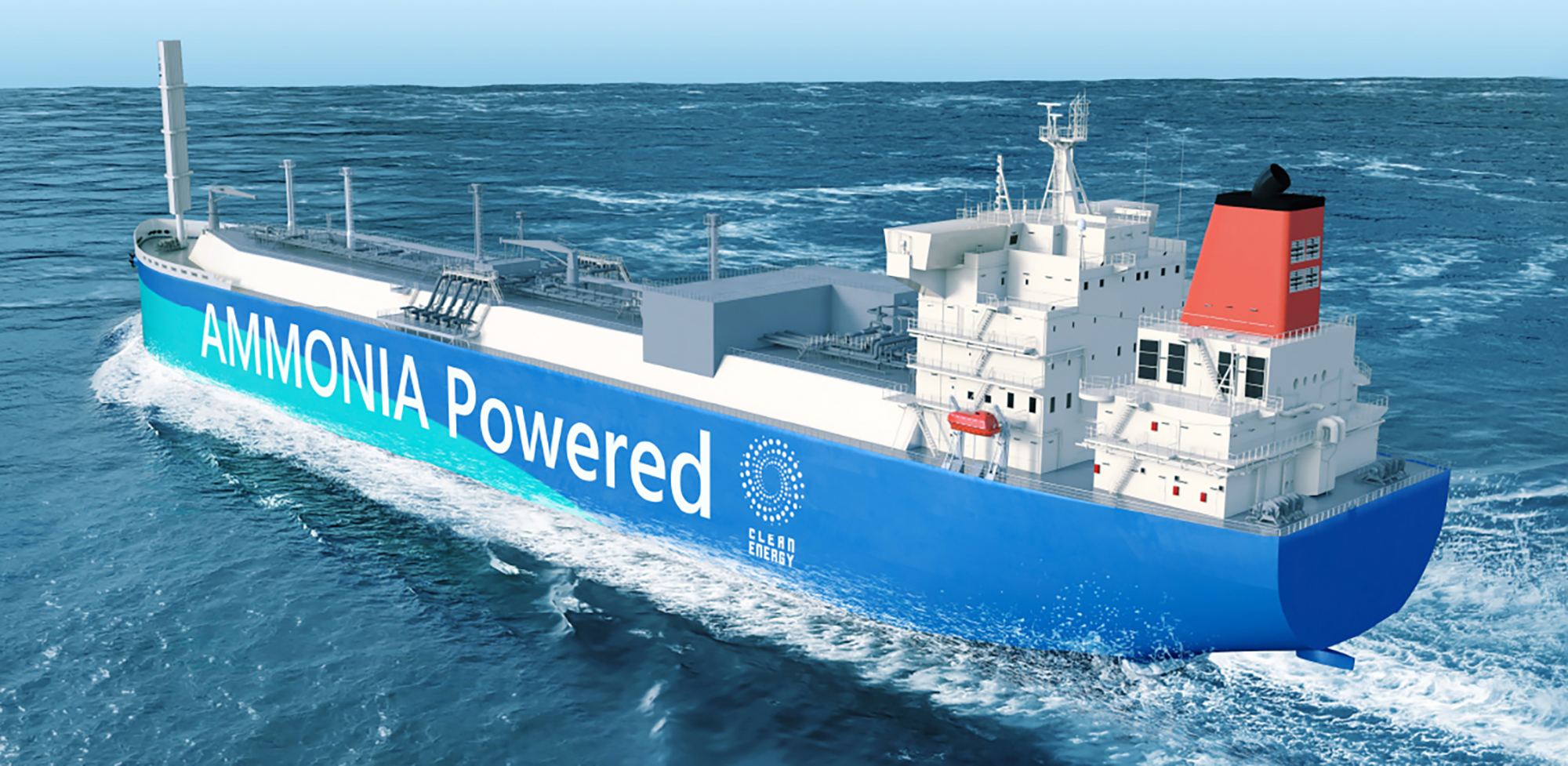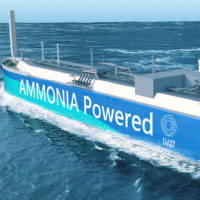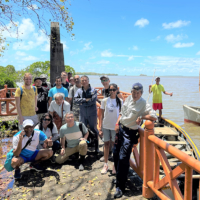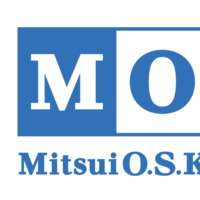Ships carry around 90% of internationally traded goods, by volume. Safe, timely and efficient maritime transportation is essential for delivering food, energy, medicine and other vital items to people across the globe, thereby supporting livelihoods and economic development.
Maritime transportation experienced a sharp decline during the COVID-19 pandemic but has since rebounded, surpassing prepandemic levels. It is projected to grow at an average annual rate of around 2% in the coming years. Sustainability has become a key guiding principle for the maritime sector. Although maritime transportation currently accounts for 3.1% of global CO2 emissions, this figure could rise to 17% by 2050 if no action is taken. Reducing emissions is vital for tackling climate change and protecting the marine environment.
To address this challenge, the International Maritime Organization (IMO) has set the ambitious target of achieving net-zero emissions by around 2050. It has also established interim goals of a 20% reduction in total emissions by 2030 (and striving for 30%), relative to 2008 levels, and 70% by 2040 (and striving for 80%).
Mitsui O.S.K. Lines (MOL) advocates for supporting people’s daily lives from the “blue ocean” and strives to pioneer a prosperous future. In line with these corporate principles, MOL has integrated sustainability into its core management strategy.
Through its midterm management plan, Blue Action 2035, MOL aims to transform itself into a global social infrastructure company by addressing the most important sustainability issues, such as the environment, safety, human capital, digital transformation and governance. In February 2025, MOL launched the Blue Action Net-Zero Alliance as part of its commitment to achieving net-zero greenhouse gas emissions. MOL declared in 2021 its goal of reaching net-zero emissions by 2050, and outlined in 2023 a concrete pathway to achieve this target in its Environment Vision 2.2.
MOL is pioneering clean fuel use with the development of freight vessels powered by ammonia and successfully built new nine ammonia-fueled vessels, including capesize bulk carriers and chemical tankers. It is also taking steady steps toward the adoption of renewable energy in the maritime sector. For example, MOL has built Japan’s first hydrogen-powered passenger ship, the Hanaria, which runs on hydrogen and biodiesel using a hybrid system combining hydrogen fuel cells, lithium-ion batteries and diesel generators.
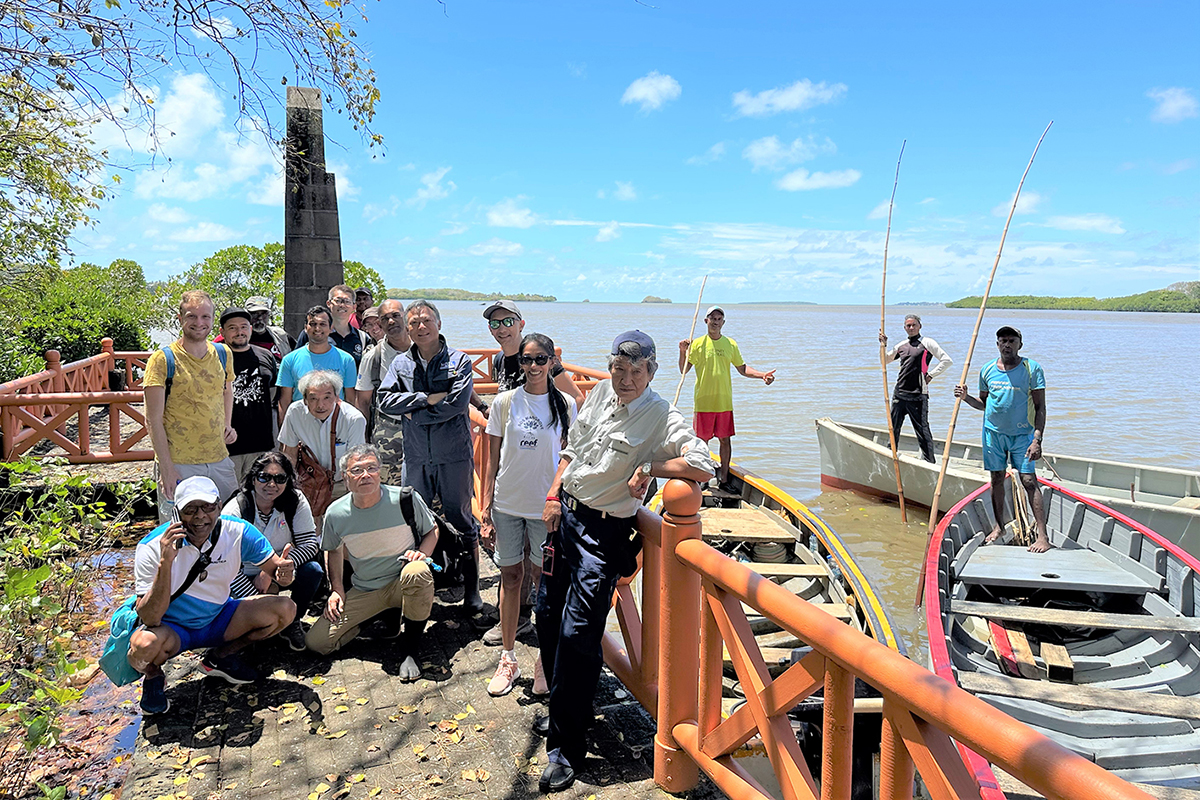
In partnership with YL Forest Co. Ltd. and under the guidance of the International Society for Mangrove Ecosystems (ISME), MOL supports the conservation of mangrove forests in Sumatra, Indonesia. MOL has also established the Mauritius International Fund for Natural Environment Recovery and Sustainability, and collaborates with Hokkaido University to support coastal ecosystem conservation, sustainable fisheries and local stakeholders’ efforts toward sustainable blue economies in Mauritius. In partnership with Miura Co. Ltd., MOL developed and installed a new type of centrifugal microplastic (MP) recovery unit on one of its vehicle transport vessels in 2022. This innovation enables continuous recovery of microplastics and reflects MOL’s contributions to combating marine plastic pollution.
Safety is a key component in sustainable maritime transportation. MOL places strong emphasis on developing skilled human resources to ensure safety in maritime operations. In 2018, it established the MOL Magsaysay Maritime Academy Inc. in the Philippine city of Dasmarinas. As of February 2024, 280 students had completed the four-year course and graduated.
“MOL works together with our partners and stakeholders to promote safe, secure, sustainable and inclusive maritime transport,” said Toru Hikima, MOL’s chief sustainability officer and deputy director general of its Headquarters of Safety Operations.
This article is sponsored by Mitsui O.S.K. Lines Ltd. (https://www.mol.co.jp/en/)
